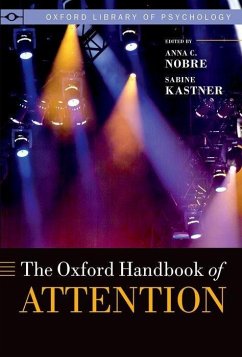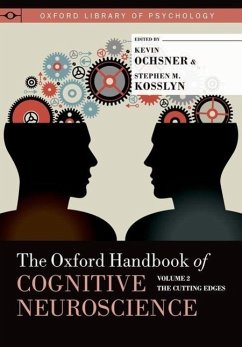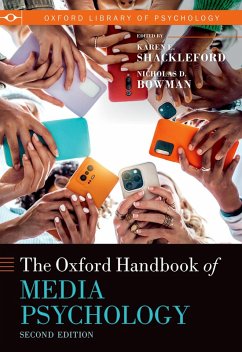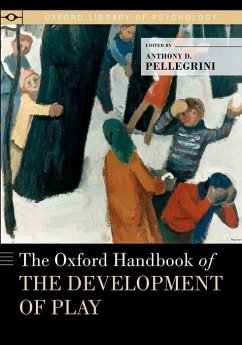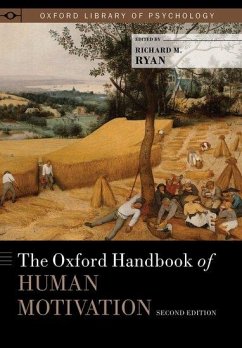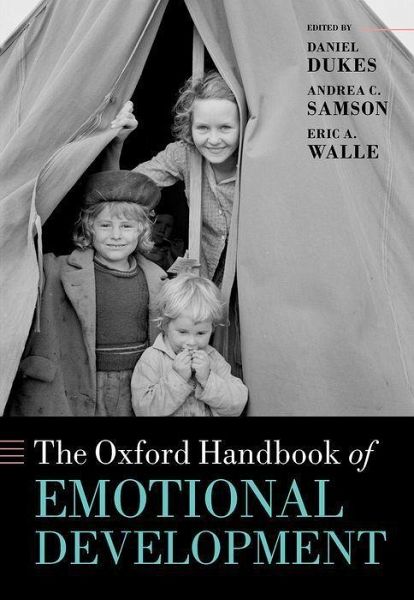
The Oxford Handbook of Emotional Development
Versandkostenfrei!
Versandfertig in über 4 Wochen
157,99 €
inkl. MwSt.

PAYBACK Punkte
79 °P sammeln!
This volume explores emotional development, with contributions from leaders in psychology, neuroscience, sociology, primatology, philosophy, history, cognitive science, computer science, and education. It examines how emotions develop and manifest themselves neuronally, intra- and interpersonally, across cultures and species, and over time.



